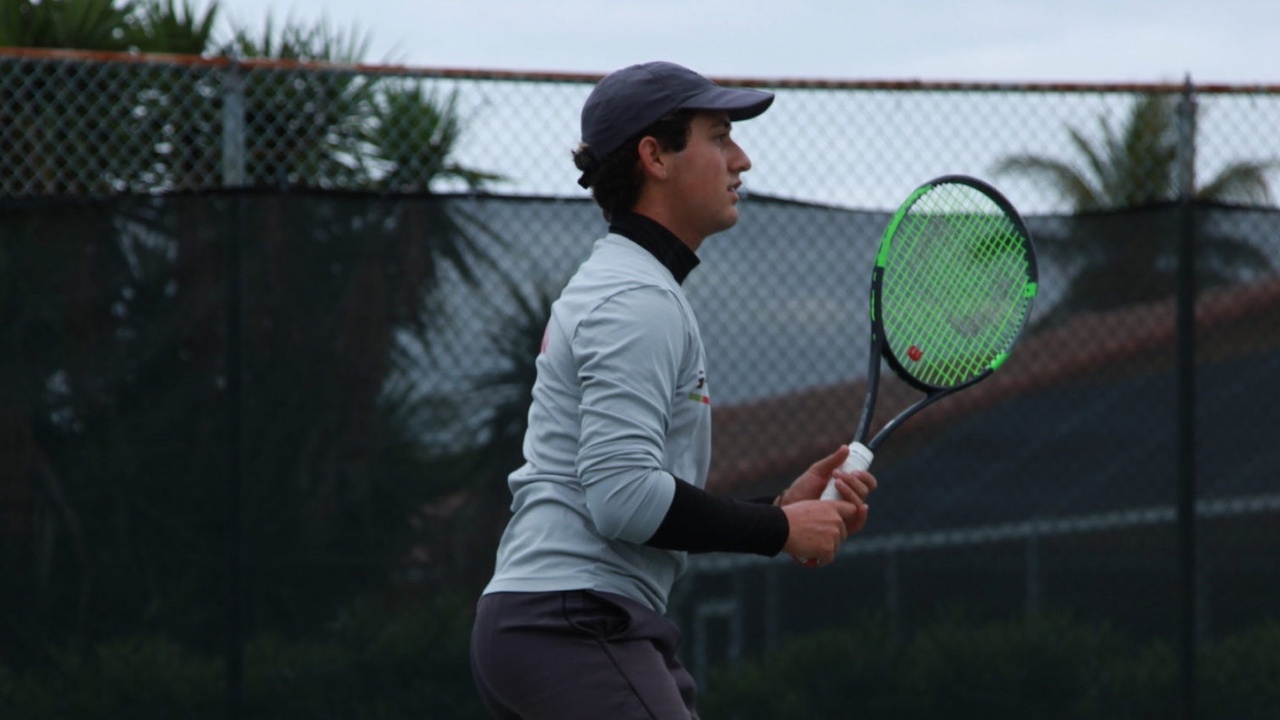In the fast-paced world of tennis, the ability to anticipate your opponent's next move can make all the difference between winning and losing a point. Imagine this scenario: you hit a crosscourt backhand, not too deep, and your opponent makes a familiar gesture. Recognizing this gesture, you anticipate a drop shot. Your mental readiness allows you to react a millisecond earlier, significantly improving your chances of returning the ball. This keen sense of awareness and perception is a testament to your high level of concentration and observation, enabling you to recognize and remember recurring patterns in your opponent's play.
Key Aspects:
-
Awareness: The knowledge or understanding that something exists. In tennis, this translates to being acutely aware of your surroundings, your opponent's behavior, and the ball's trajectory.
-
Perception: The ability to observe and create a mental image of what is happening. This involves seeing not just with your eyes, but with your mind, allowing you to anticipate and prepare for your opponent's moves.
The Importance of Awareness and Perception in Tennis
Tennis is a game played at incredible speed, demanding that players react swiftly and accurately. To excel, you need to anticipate your opponent's shots before they happen, understanding where and how the ball is coming and planning your response accordingly.
This skill is often honed through:
-
High Level of Attention: Maintaining focus on the ball, the court, and your opponent. Young players who master this focus tend to learn anticipation skills more quickly.
-
Observation and Memorization: Capturing and memorizing situations that frequently occur during matches, helping you to recognize patterns and predict your opponent's moves.
Practical Tips for Improving Awareness and Perception
-
Small Court Games: Playing on a smaller court can help improve your reaction time and force you to focus more intently on the ball and your opponent.
-
Focus on the Ball: Pay close attention to the ball, especially at the moment of contact with your racket. This helps in predicting its trajectory and preparing your response.
-
Split Steps: Timing your split steps effectively can enhance your readiness and agility on the court. Practicing this can make a significant difference in your overall performance.
-
Watch Tennis: Observing professional matches can provide insights into common responses and strategies, helping you to develop a mental library of patterns and behaviors to anticipate in your own games.
In conclusion, the development of awareness and perception in tennis is crucial for anticipating and responding to your opponent's moves. By honing these skills through focused attention, observation, and practice, players can gain a competitive edge, improving their ability to react swiftly and effectively during matches.


